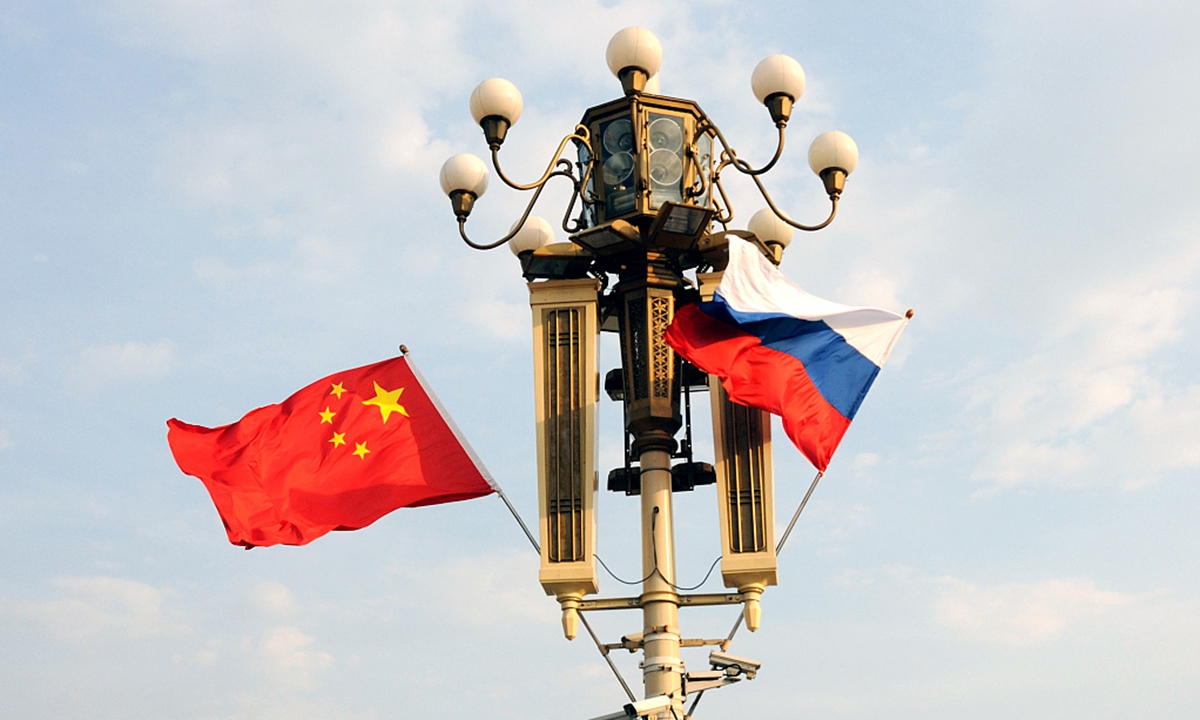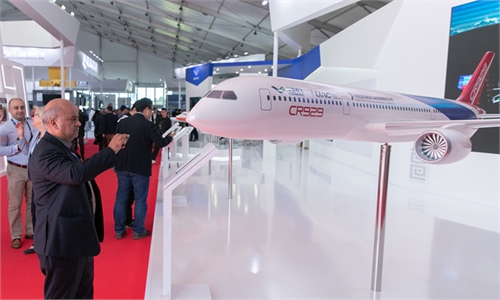
Photo: VCG
The 6th Eastern Economic Forum (EEF) is currently being held in Vladivostok, Russia, from Thursday to Saturday.After the first EEF was held in 2015 as a new platform to promote economic cooperation in the Asia-Pacific region including Russia's Far East, the event has played a positive role in Northeast Asia regional trade, which facilitates broader cooperation.
Russia did not hold the 2020 event, because of the wildly spreading coronavirus pandemic. This year's EEF is expected to be of particular interest to all regional economies, as businesses are looking forward to an update when it comes to attracting foreign investment and speeding up the economic development in the Russian Far East.
Chinese Ambassador to Russia Zhang Hanhui said at a forum on Thursday that China plans to use the EEF as a platform for boosting trade and economic cooperation with Russia's Far East, Russia's Tass news agency reported.
China sent a large-scale business delegation to attend the past sessions of the EEF, and the opening of the 6th EEF has also attracted wide attention among Chinese business circles and major media outlets.
To put it in perspective, China's growing interest in the upcoming EEF underscores Chinese businesses' unprecedentedly high enthusiasm about the development of economic and trade cooperation between China and Russia against the current geopolitical background.
At present, the Biden administration is accelerating efforts to contain China's and Russia's development resorting to a range of coercive economic measures. For instance, the US government not only cut leading Chinese high-tech companies off supplies of key components, but also imposed sanctions on companies involved in the Nord Stream 2 gas pipeline to impede Russia's gas sales in the European market.
The US has also been engaged in its rebuilding of its supply chain network, but there are growing signs that its aim is not just to secure its own supply chain security, but also to undermine Chinese and Russian supply chains.
In this sense, it is even more necessary for China and Russia to align closer and develop economic and trade relations, which will be of great significance to the restructuring of trade chains, building up industrial infrastructure and value chains between the two countries.
China and Russia have huge economic and trade potential in many fields. In 2020, bilateral trade exceeded $100 billion for the third consecutive year. In the first four months of 2021, China-Russia trade reached $40.21 billion, up 21.2 percent compared with the same period in 2019 and exceeding $40 billion yuan for the first time in the first four months of a year. It is expected that bilateral trade will maintain its strong momentum, with new record of trade volume expected at the end of this year.
As to the trade structure, the two economies do share complementarities. China mainly imports resource products like oil, natural gas and iron ore from Russia, while Russia has a need for Chinese exports of mechanical and electrical products.
It is conceivable that the complementarities will be utilized in full swing under the joint need of restructuring industrial chains.



